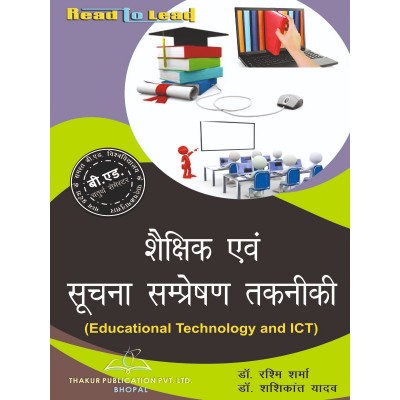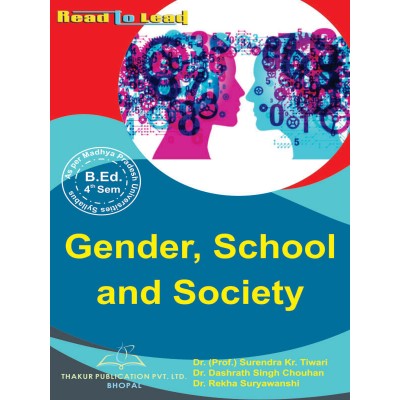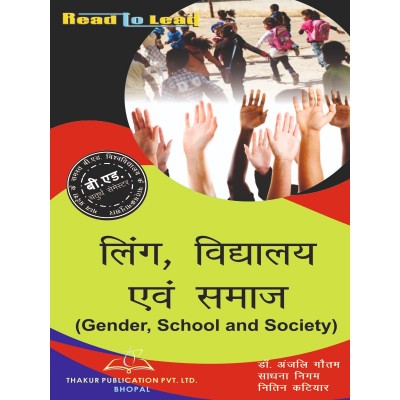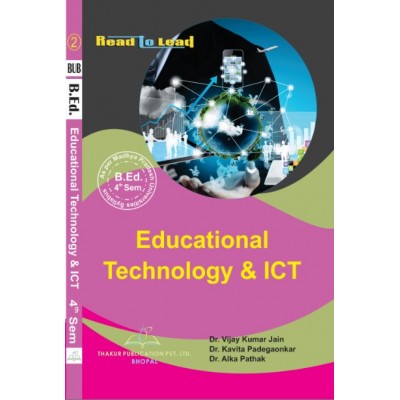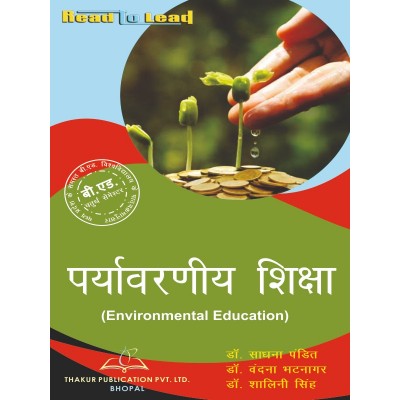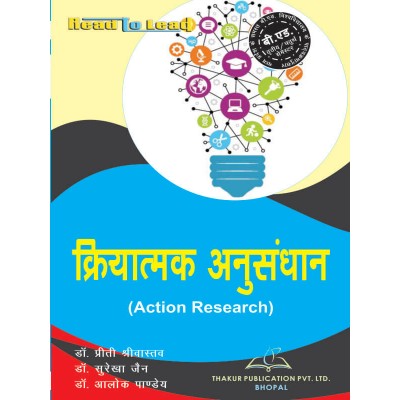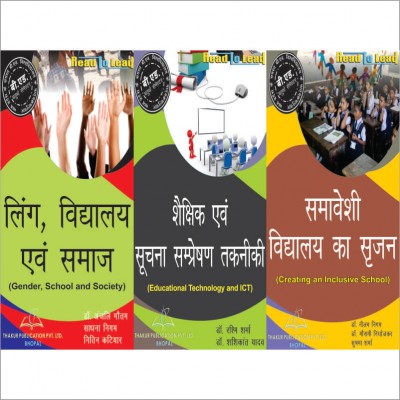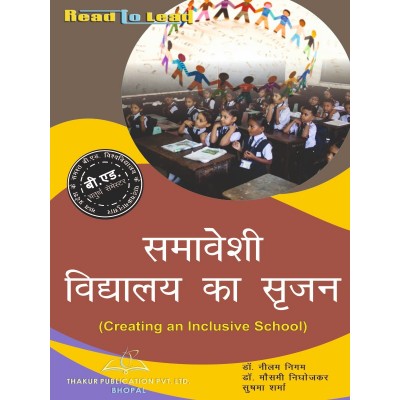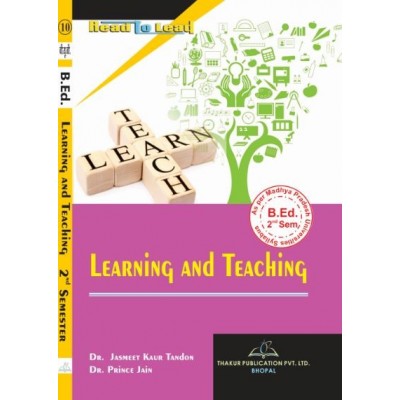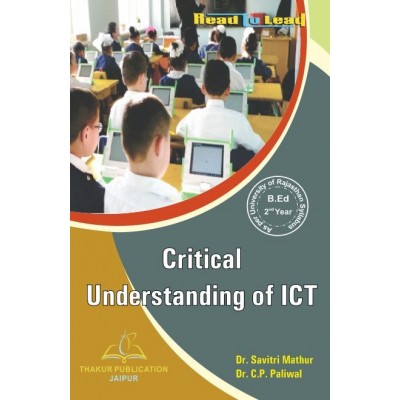Categories
- Pharmacy
-
Nursing
-
MBA
-
BBA
- U.P. State University
- Veer Bahadur Singh Purvanchal University, Jaunpur
- Chaudhary Charan Singh University, Meerut
- Dr. Bhimrao Ambedkar University, Agra
- Chhatrapati Shahu Ji Maharaj University, Kanpur
- Mahatma Jyotiba Phule Rohilkhand University, Bareilly
- Mahatma Gandhi Kashi Vidyapith, Varanasi
- Dr. Ram Manohar Lohia Avadh University, Ayodhya
- Deen Dayal Upadhyaya Gorakhpur University
- Prof. Rajendra Singh (Rajju Bhaiya) University, Prayagraj
-
BCA
- UP State Universities
- University of Pune
- I.K.Gujral Punjab Technical University (PTU)
- University of Rajasthan
- Rashtrasant Tukadoji Maharaj Nagpur University
- Uttar Pradesh NEP2020
- University of Rajasthan ,Jaipur (According to NEP-2020)
- BCCA (B. Com - Computer Science)
- Haryana
- West Bengal
- BBA (CA)
- PUNE BCA (Sci,Commerce)/B.Com (CA)
- Dr. A. P. J. Abdul Kalam Technical University, Lucknow ( AKTU )
- MCA
-
B Ed
- Lucknow University B.Ed Books
- Chaudhary Charan Singh University/Maa Shakambhari University, Saharanpur
- Dr Bhim Rao Ambedkar University, Agra
- Mahatma Gandhi Kashi Vidyapeeth, Varanasi
- Chhatrapati Shahu Ji Maharaj University
- Prof. Rajendra Singh (Rajju Bhaiya) University, Prayagraj (PRSU)
- Mahatma Jyotiba Phule Rohilkhand University(Mjpru), Bareilly
- Dr. Ram Manohar Lohia Avadh University, Ayodhya
- Bundelkhand University, Jhansi
- B.A,B.ed
- B.Sc, B.ed
- Deen Dayal Upadhyaya Gorakhpur University
- Veer Bahadur Purvanchal University (VBPU)
- Maharaja Suhel Dev State University ,Azamgarh (MSDSU)
- Raja Mahendra Pratap Singh State University, Aligarh (RMPSSU)
- Barkatullah Vishwavidyalaya (Bhopal)
- Jiwaji University (Gwalior)
- Vikram University (Ujjain)
- Dr. Harisingh Gour University (Sagar)
- Devi Ahilya Vishwavidyalaya (Indore)
- Rani Durgavati Vishwavidyalaya (Jabalpur)
- Awadhesh Pratap Singh University (Rewa)
- Maharaja Chhatrasal Bundelkhand University (Chhatarpur)
- D. EL. ED
- TET
-
B Com
-
B Sc
- B.Sc. U.P. State Universities Common Syllabus NEP
- Veer Bahadur Singh Purvanchal University, Jaunpur
- University of Lucknow
- Chaudhary Charan Singh University, Meerut
- Madhya Pradesh
- Chhatrapati Shahu Ji Maharaj University, Kanpur
- Dr. Bhimrao Ambedkar University, Agra
- Mahatma Gandhi Kashi Vidyapith, Varanasi
- DEEN DAYAL UPADHYAYA GORAKHPUR UNIVERSITY
- Prof. Rajendra Singh (Rajju Bhaiya) University, Prayagraj
- Dr. Ram Manohar Lohia Avadh University, Ayodhya
- Mahatma Jyotiba Phule Rohilkhand University, Bareilly
- Uttarakhand State Universities
- B.Sc. Bihar Universities Common Syllabus NEP
- University of Rajasthan (Jaipur)
- Haryana
-
Bachelor of Arts [B.A.]
- B.A. Of U.P. State Universities Common Syllabus NEP
- Veer Bahadur Singh Purvanchal University, Jaunpur
- University of Lucknow
- Chaudhary Charan Singh University, Meerut
- Chhatrapati Shahu Ji Maharaj University, Kanpur
- Dr. Bhimrao Ambedkar University, Agra
- Mahatma Gandhi Kashi Vidyapith, Varanasi
- Deen Dayal Upadhyaya Gorakhpur University
- Prof. Rajendra Singh (Rajju Bhaiya) University, Prayagraj
- Dr. Ram Manohar Lohia Avadh University, Ayodhya
- Mahatma Jyotiba Phule Rohilkhand University, Bareilly
- Madhya Pradesh
- Uttarakhand
- Bihar
- University of Rajasthan (Jaipur Syllabus as Per NEP2020)
- Haryana NEP-2020
- B Tech
- LLB
- SWA Education
Environmental Education
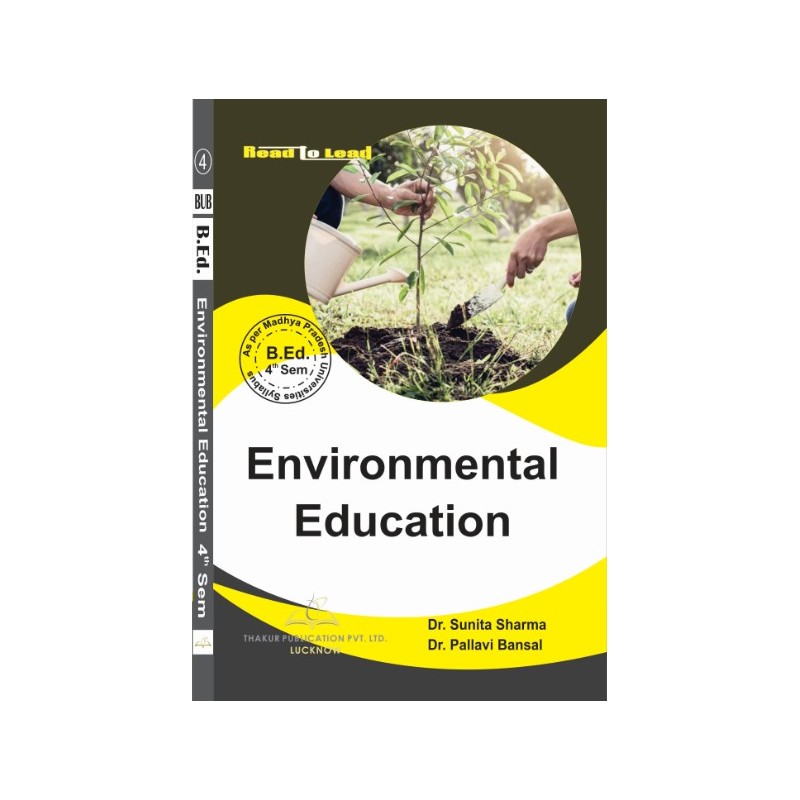
Dr. Sunita Sharma & Dr. Pallavi Bansal
ISBN - 9789386488077
Tax excluded
Dr. Sunita Sharma & Dr. Pallavi Bansal
ISBN - 9789386488077
Unit 1: Introduction to Environmental Education
1) Environmental Education – Concept, Importance and Scope
2) Objectives and Principles of Environmental Education.
3) Basic Concepts in Environmental Education
4) Ecology
5) Eco-System
6) Ecological Balance
7) Food Chain
8) Pollution and Pollutants
9) Natural Resources
10) Green House Effect
11) Bio-degradable and Non-degradable Materials.
12) Bio-sphere – Bio-Diversity
13) National Environment Awareness Campaign (NEAC)
14) Environmental Orientation for School Education (EOSE)
15) Environmental Information System (ENVIS).
Unit 2: Environment and Pollution
1) Meaning of Environment.
2) Types of Environment
3) Types of Environmental Pollution
4) Air Pollution: Meaning, causes The Air (Prevention and Control of Pollution) Act– 1981.
5) Water Pollution: Meaning, causes, The Water (Prevention and Control of Pollution) Act – 1977
6) Soil Pollution: Meaning, causes, Remedies
7) Sound Pollution: Meaning, causes, Remedies
8) Ecological Imbalances
9) Deforestation
10) Soil Erosion
11) Extinction of Wild life
12) Depletion of Ozone layer
13) Life and Contributions of Environmental Activists.
14) Mahesh Chandra Mehta
15) Sunderlal Bahuguna
16) Vandana Shiva
17) Maneka Gandhi
18) Shivaram Karanth
Unit 3: Agencies in Environmental Education
1) United Nations Environment Programme (UNEP)
2) International Union for Conservation of Nature and Natural Resources (IUCN).
3) Union Ministry of Environment and Forests.
4) Central Pollution Control Board (CPCB).
5) Centres for Environment Education (CEE).
6) National Afforestation and Eco-Development Board (NAEB)
7) Environment Protection Movements in India.
8) Chipko Movement
9) Appiko Movement
10) Narmada Bachao Andolan (NBA).
11) Western Ghats Protection Movement
Unit 4: Methods of Teaching Environmental Education
1) Direct (Specialized) Approach
2) Integrated (Multi-Disciplinary) Approach Incidental Approach
3) Co-curricular and Extra-Curricular activities.
4) Project Work.
5) Intellectual Meets–Seminars, Symposia, Workshops, Conferences, Group Discussion, Debates, Special Lectures, Brain Storming.
6) Field Outreach and Extension Activities.
7) Eco-Clubs / Nature Clubs.
8) Problem Solving Activities related to Burning Ecological Problems.
9) Quiz, Poster Making, Models Making and Exhibitions.
10) Evaluation in Environmental Education
11) Formative Evaluation
12) Summative Evaluation.
11 other products in the same category:
Your review appreciation cannot be sent
Report comment
Report sent
Your report cannot be sent
Write your review
Review sent
Your review cannot be sent









